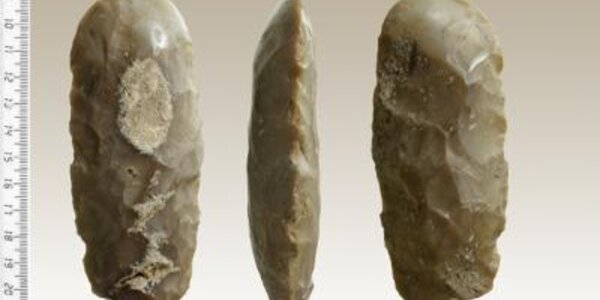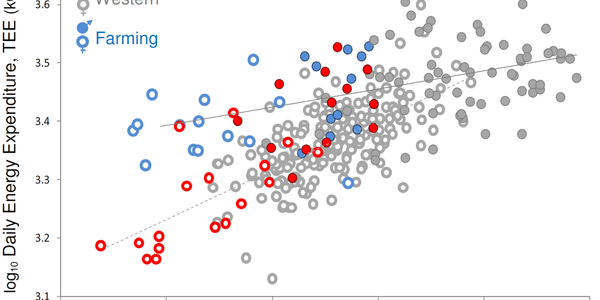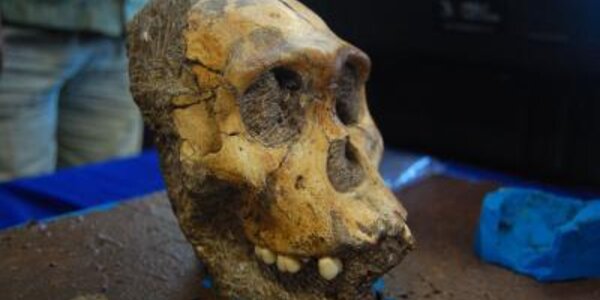Neolithic Lumberjacks And The Evolution Of Axes
There are calls in some quarters that we need to be more like people in the past; war, pestilence, disease, early death, it's all good as long as we use no pesticides.
And clear cutting forests is what ancient man did too.
During the Neolithic Age, 10,000 B.C., early man changed from being hunter-gatherers to farmers - ancient scientists told that the food supply was running low and listening to calls for mitigation and rationing instead invented domesticated livestock and agriculture. As a result, we got larger, permanent settlements with a variety of domesticated animals and plant life. and…






